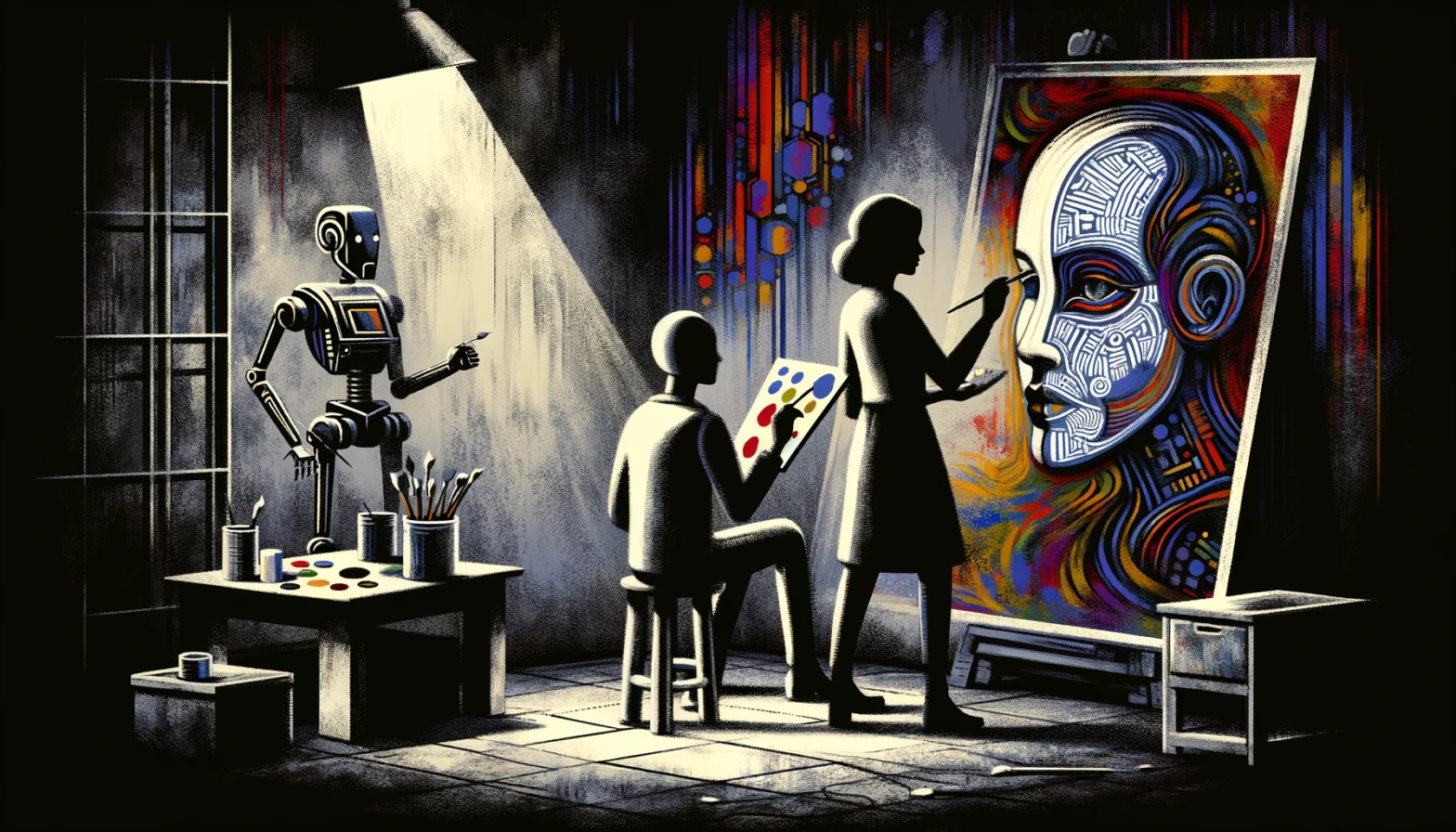Good art (including novels, games, movies) is defined by the humanity involved. Emotion, humour, tension. Even when AI attempts to mimic those attributes, we’ll still prefer human experiences over synthetic ones.
We’re inclined to believe each new innovation is the ‘best’, and that the technology-driven approach is always superior. To overlook almost anything in pursuit of speed or efficiency.
We must have the latest invention, and we’ll use it proudly until the novelty – and associated status – wears off. Then those gains in speed and efficiency can work their way to the market they’re intended for: people who are price or time sensitive.
Microwaves were billed as kitchen gadgets for the wealthy, revolutionising home cooking. It turns out that we’d rather bake artisanal sourdough bread in a wood-fired oven, when we have the luxury of time and choice.
We consistently overestimate the cultural impact of ‘technology for technology’s sake’. Popular visions of the future in science fiction show the wealthy living in hyper-minimal grey boxes with robots for every function. Utterly dull.
Avatar was supposed to push the envelope for the movie industry with stereoscopic technology and CGI, offering a vivid and immersive experience like never before. It remains the highest grossing movie of all time but the cultural impact, relative to that, is miniscule. Few really cared about the story, or the characters involved.
The protagonist of that franchise? James Cameron, with a 3D camera over his shoulder.

AI only threatens the bottom-of-the-barrel stuff.
Free apps, stock images, SEO-driven content.
It is not a threat to broad swathes of industry and the arts in which humanity plays a major role. Genuine empathy and emotion is only going to become more valuable, as the rest of our lives become more technology oriented.
That’s not to say that AI wont be powerful and practical. It is already shaping whole industries. We just need to have a realistic perspective on where that importance lies.
Consider another parallel: artificial meat.
It caused a brief stir when it was new and exciting, popping up in all kinds of fancy gastropubs. And then interest fell off. The ultimate customer for that product, once it meets the promise of being cheaper and greener than real meat, is not fine-dining restaurants. It is McDonalds. It is MREs. It is the boxes of frozen chicken nuggets in your local discount market.
Nobody will love it.

Leave a Reply